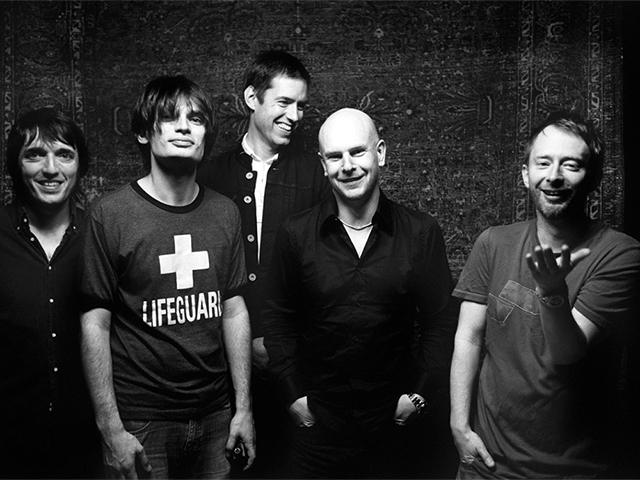
[dropcap]W[/dropcap]ar, huh, what is it good for? Absolutely nothing.
That is of course if you listen to musicians like Edwin Star who have used music to dispute politics and government. Music has been used to question, protest, and condemn the established government or the popular opinion for decades and has inspired civilians to take their own stand against issues that affected them. The following are examples in history when music, was the largest weapon in a protester’s arsenal.
Vietnam War
There are far too many songs to list here that tried to show the horrors of the Vietnam war and the cold welcome that the soldiers received when they returned home. Standouts include Creedence Clearwater Revival’s ‘Fortunate Son’ (1969) pointing out it was the upper classes that really benefited from sending soldiers off to die, and Bob Dylan’s 1964 song ‘The Times They Are a-Changing’ which showed how people, politics and relationships changed after the war.
Perhaps the most surprising and unfortunate song on the Vietnam War was ‘Born in the USA’ (1984) by Bruce Springsteen who recorded the song in solidarity with the neglected veterans of the war. Unfortunately, the song was misunderstood and used in campaign trails by politicians like Ronald Regan, the very person he was criticising.
Civil Rights/Black Lives Matter
Protest songs can often shine a light on civil rights. Amongst countless examples are Sam Cooke’s observation of the ill treatment of black people in ‘A Change is Gonna Come’ (1964), N.W.A’s view on police brutality on black Americans in ‘F*** tha Police’ (1988) and Gill Scott Heron inspiring citizens to stand up in the name of rebellion in ‘The Revolution will not be Televised’ (1990).
Up to today with Kendrick Lamar’s 2015 single ‘Alright’ which has had a heavy connection with modern America’s Black Lives Matter political movement, these are but a few songs that have tried to explain the turmoil of institutionalised racism to a wider audience.
The Troubles
In their 1983 album ‘War’ Irish band U2 released ‘Sunday Bloody Sunday’, a song encapsulating the horrors of the war in Northern Ireland, focusing on the 1972 shooting of 24 civilians by British soldiers. To this day, ‘Sunday Bloody Sunday’ remains one of the most harrowing songs about the Troubles.
Similarly, the song ‘Zombie’ by Irish band The Cranberries, featuring the late Dolores O’Riordan, was written in the memory of Johnathan Ball and Tim Parry, two young victims of the 1993 Warrington bombing.
Notable Mentions
There are many other notable examples of songs that stood up against the government and political affairs. Radiohead’s ‘Idioteque’ (2000) called for the preservation of the planet in the face of climate change. The Sex Pistols’ ‘God Save the Queen’ and ‘Anarchy In the U.K’ (1977) criticised the British monarchy and upper classes. Gossip’s 2005 single ‘Standing in the Way of Control’ slated the USA’s refusal to introduce same sex marriage legislation.
These songs among countless others have shaped the way we live today by demanding changes in leadership and legislation and by questioning the decisions made by the government.


